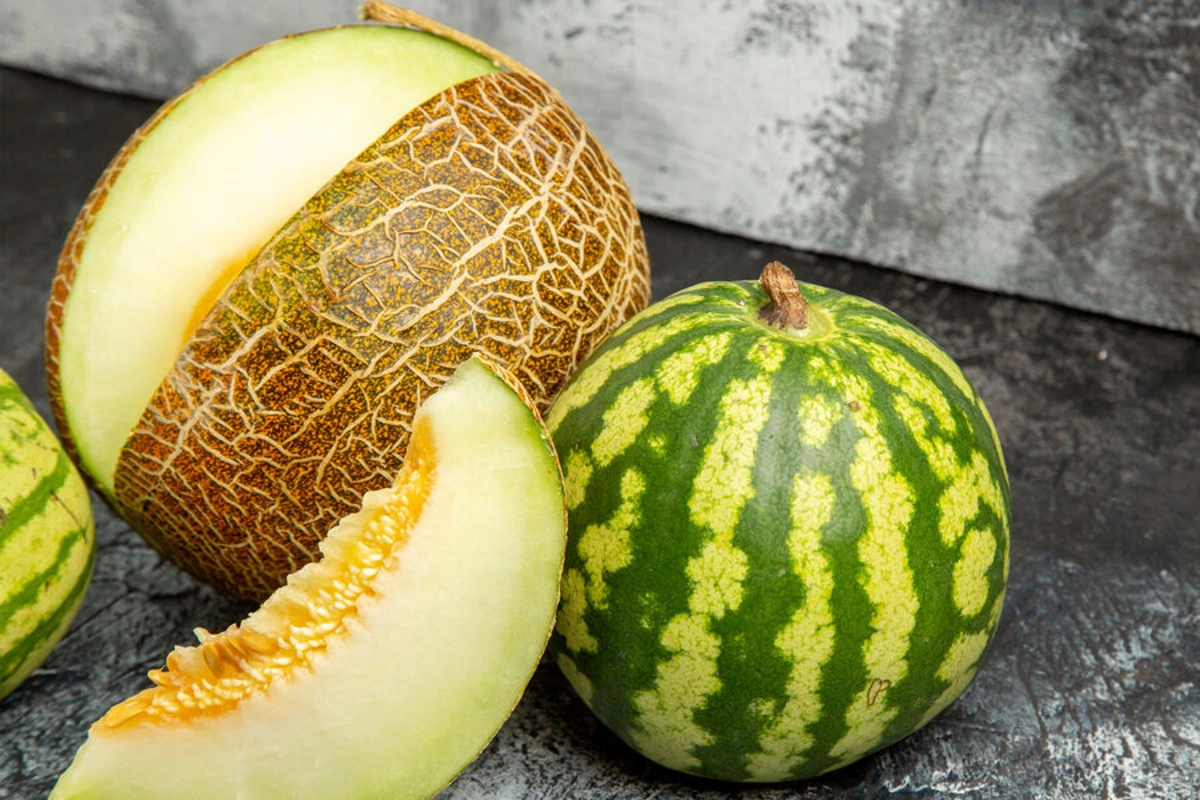The myth about watermelon and melon "cleansing" the body has been debunked

In summer, the shelves are filled with ripe, juicy watermelons and melons. And along with them, old myths about miraculous "body cleansing" return. You've probably heard from friends, and perhaps tried yourself, the "watermelon diet" to lose a couple of kilograms and "remove toxins." Yulia Fin, a specialist in rational nutrition, told "Gazeta.Ru" whether this actually works.
"Watermelon and melon consist of almost 90% water, while containing minimal calories: only 30-40 kcal per 100 g. They are rich in vitamins A and C, magnesium, potassium, and also antioxidants. Watermelon is famous for lycopene, melon for beta-carotene. It is the combination of water and potassium that helps restore water-salt balance in hot weather. Excess fluid leaves, swelling decreases, and a feeling of lightness appears. And although this is not a real "cleanse," the effect can be perceived as such, especially in people prone to fluid retention," she explained.
In addition, pectin and fiber in the composition stimulate intestinal peristalsis, gently improve digestion, relieve heaviness, and promote regular bowel movements.
Antioxidants, such as lycopene and beta-carotene, protect cells from oxidative stress, support skin and vascular health, and slow down aging processes. And the sweet taste of watermelon and melon is quite capable of triggering the production of "happiness hormones."
"For a healthy adult, the optimum is 200 g at a time, 1-2 times a day. Children, pregnant women, elderly people, and those with chronic diseases should discuss portions with a doctor. It's important to note that both watermelon and melon contain simple sugars (fructose, glucose, and sucrose). Watermelon has a glycemic index (GI) of about 75, melon - 65-70. But the glycemic load with a portion of up to 200 g is moderate, especially if you don't eat them on an empty stomach. Excess fructose, especially with excessive consumption, can create a load on the liver and cause bloating, rumbling, and other unpleasant sensations in the digestive tract," the expert added.
Another important point: don't mix watermelon with melon and consume them with main dishes. The best solution is a separate meal, 1.5-2 hours after eating or 30-60 minutes before it; they can be combined with nuts as sources of fats. You shouldn't consume watermelon with seeds, as this can damage the digestive tract mucosa.
The best time for consumption is morning and the first half of the day. It is during this time that our body better absorbs water-soluble vitamins, antioxidants, and minerals. In turn, evening consumption of such products can cause heaviness, affect sleep, increase the load on the kidneys, thereby increasing the risk of swelling in the morning.
"When people say that watermelon or melon 'cleanse the body,' they most often mean 'detox.' But in fact, our own systems - liver, kidneys, intestines, and skin - are responsible for cleansing the body. Watermelon and melon do not have a 'miraculous' ability to remove toxins. But they can support natural processes: restore water balance, improve digestion, and give the body a dose of antioxidants," said the expert.
The main thing is not to replace main meals with them and not to go on melon-watermelon mono-diets. Such practices quickly cause deficiencies in protein, fats, other vitamins, and the effect of "minus 2 kg" is most often just fluid loss.
Similar News
# A Habit That Accelerates the Accumulation of Age-Related Stress Has Been Named
Years of sedentary lifestyle accelerate the accumulation of age-related stress by 40−45 years, while regular physical activity can stop this process even after...




 Azərbaycanca
Azərbaycanca  По-русски
По-русски  English
English 






